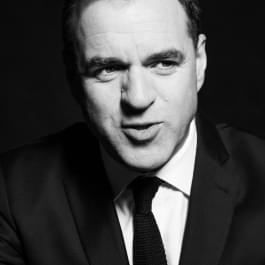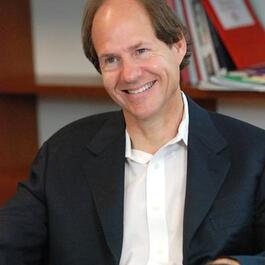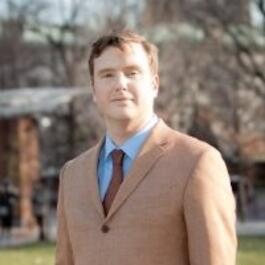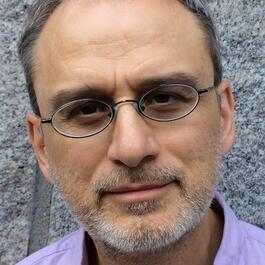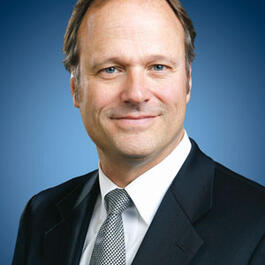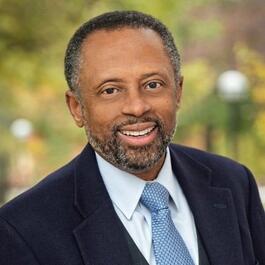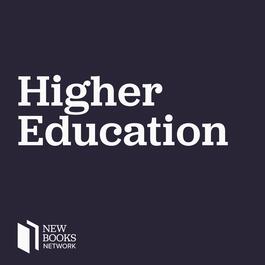
New Books in Higher Education
This podcast is a channel on the New Books Network. The New Books Network is an academic audio library dedicated to public education. In each episode you will hear scholars discuss their recently published research with another expert in their field. Discover our 150+ channels and browse our 28,000+ episodes on our website: newbooksnetwork.com Subscribe to our free weekly Substack newsletter to get informative, engaging content straight to your inbox: https://newbooksnetwork.substack.com/ Follow us on Instagram and Bluesky to learn about more our latest interviews: @newbooksnetwork
Show episodes

Amanda Nichols Hess, "Information Literacy and Critical Thinking: Using Perspective Transformation to Break Information Bubbles" (ALA, 2025)
Higher education is about transformation: research shows that the most well-prepared graduates are those who have experienced changes in how they think about and experience the world around them. Combined with flexible information-seeking and evaluation skills, learning ways to break information bubbles is essential fo
Among the most common challenges on college campuses today is figuring out how to navigate our politically charged culture and engage productively with opposing viewpoints. In Try to Love the Questions: From Debate to Dialogue in Classrooms and Life (Princeton UP, 2024), Lara Schwartz introduces the fundamental princi

Samuel Moore, "Publishing Beyond the Market: Open Access, Care, and the Commons" (U Michigan Press, 2025)
I talked to Dr. Samuel Moore about his recent book, Publishing Beyond the Market: Open Access, Care, and the Commons, (U Michigan Press, 2025) Samuel Moore is the Scholarly Communication Specialist at Cambridge University Libraries, Associate Lecturer at Cambridge Digital Humanities, and College Research Associate at K

Carlo Rotella, "What Can I Get Out of This?: Teaching and Learning in a Classroom Full of Skeptics" (U California Press, 2025)
I’m excited to talk to Carlo Rotella today. Carlo is Professor of English at Boston College. His books include The World Is Always Coming to an End: Pulling Together and Apart in a Chicago Neighborhood (University of Chicago Press, 2019); Playing in Time: Essays, Profiles, and Other True Stories (University of Chicago

Alexander Cooley and Alexander Dukalskis, "Dictating the Agenda: The Authoritarian Resurgence in World Politics" (Oxford UP, 2025)
Following the end of the Cold War, the world experienced a remarkable wave of democratization. Over the next two decades, numerous authoritarian regimes transitioned to democracies, and it seemed that authoritarianism as a political model was fading. But as recent events have shown, things have clearly changed.In Dicta

Gracen Brilmyer and Lydia Tang eds., "Preserving Disability: Disability and the Archival Profession" (Library Juice Press, 2024)
A transcript of this interview is available [here] Preserving Disability: Disability and the Archival Profession (Library Juice Press, 2024) weaves together first-person narratives and case studies contributed from disabled archivists and disabled archives users, bringing critical perspectives and approaches to the arc
